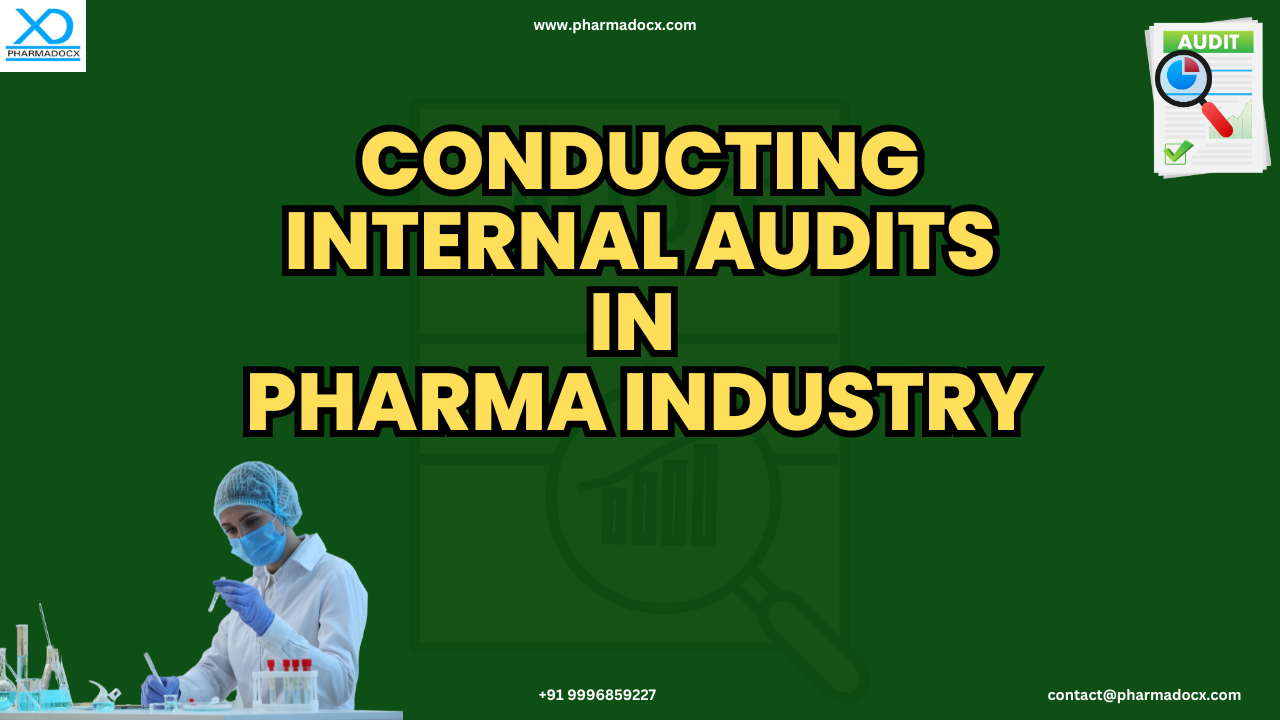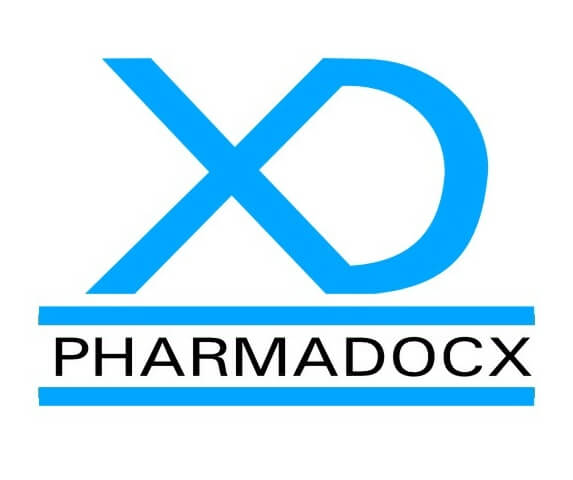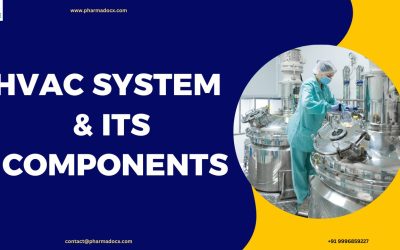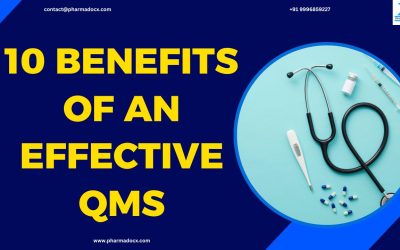The pharmaceutical industry is monitored and controlled by several regulations and standards. It is vital for pharma companies to comply with the regulations to continue functioning in this industry. Internal audits in pharma industry evaluate whether the company is functioning in compliance with the pharmaceutical regulatory guidelines. The goal is to ensure the company’s activities comply with the regulations and good practices established by the regulatory authorities.
What is internal audit in pharmaceutical industry?
Internal audits in pharma industry are aimed at identifying and correcting potential non-conformities. Additionally, the goal is to improve the quality of products being manufactured and mitigate potential risks. The process involves evaluating the manufacturing process, storage, and distribution of pharmaceutical products. Internal audits require a systematic approach and detailed planning. The audits are conducted by companies themselves for identification of non-compliance issues and implementation of corrective actions. Thus, internal audits have a vital role in the pharmaceutical industry and indirectly ensure patients safety, thereby protecting the public health.
Internal audit helps an organization to continuously improve its operations. It provides critical information on identified problem areas to prevent issues from leading to non-compliances. A systematic, detailed, and disciplined approach will be required to assess and increase the effectiveness of risk control. Internal audits in pharmaceutical industry should be carried out by impartial individuals having extensive technical knowledge of the applicable regulations.
Importance of internal audits in pharma industry
Internal audits are instrumental in ensuring the compliance and efficiency of the pharmaceutical company. These audits are an integral component of quality management system (QMS). The audits are performed by the company to evaluate its own operations. Internal audits in pharma industry are a proactive approach to avoid regulatory non-compliance and product recalls. The audits are used to ensure the manufacturing processes align with industry established quality standards. Internal audits in pharma industry help prevent any adverse effects on the patient, thereby protect the public health.
Types of internal audits in the pharmaceutical industry
Several types of internal audits are conducted for continuous improvement of the organization’s operations and regulatory compliance. The common types are as follows:
- Compliance audits: The audits are performed in a regular basis to ensure the company is abiding by all regulatory requirements. Compliance audits help ensure the company continues to comply with the changing regulatory requirements. If the pharma company ventures into a new market, these audits will check compliance with the new guidelines applicable.
- Operational audits: These audits evaluate the company’s processes and activities. They ensure the overall process design and workflows are robust and compliant with the applicable regulatory guidelines. They are used to identify gaps in the process. Based on the findings of the audit, changes are initiated and implemented in the company’s operation.
- Risk audits: These audits evaluate measures used by the company to identify and mitigate potential risks. The risks could have been identified in previous audits or while carrying out inspection. These audits are vital for preventing process, product, people, and equipment-related risks.
In addition to the aforementioned audits, financial audits and IT audits are also carried out.
Pharmaceutical industry internal audits best practices
- Create a detailed plan of action to identify high-risk areas and enhance the effectiveness of business operations.
- Plan a structured audit program with special emphasis on risk identification and regulatory compliance.
- Conduct meetings with the functional teams at the beginning of the audit.
- At the end of the audit, conduct a closing meeting to present the audit findings.
- Always prepare a detailed audit report with accurate data for effectively addressing important organizational issues. This report will help communicate the result of the investigation.
- Impart training programs for the audit teams to keep them updated with regulatory changes, observation trends, and potential risk areas.
Planning an internal audit
A detailed plan is the key to conducting successful internal audits in pharma industry. Data collection and identification of problem areas should be at the core of the audit plan. Moreover, the audit team should have an extensive knowledge of company policy, procedures, and applicable regulatory guidelines. Thus, a good audit plan will make the execution of an internal audit pharmaceutically effective and efficient. The audit plan is usually created in a meeting with the auditors. The objectives and details of the audit are explicitly mentioned in the plan. Furthermore, the areas needing special focus are highlighted and their significance is discussed.
The following points will help you develop an effective audit plan:
- Goals and objective of the audit
- Areas to be covered in the audit
- Rules, regulations, and standards to be followed
- The audit team members
- Resources to be used
- Duration of the audit
- The opening meeting date
- The audit closing meeting date
- Audit report presentation date
Internal audit checklist for pharma industry
A checklist for internal audits in pharma industry will guide the auditor with detailed entries and requirements for the audit. Prior to conducting the audit, reviewing the past audits for any indications of potential problem areas will be helpful. Once the focus areas, goals, and audit team have been finalized, a checklist can be prepared. This checklist will help the audit team effectively carry out the audit and prevent oversight of any aspect. However, it is important for the audit team to not restrict themselves to the specifications of the checklist. If the team identifies any aspect that requires special attention, it should not be overlooked.
We have prepared the following checklist to help you conduct an effective pharmaceutical industry internal audit:
- Design control
- Equipment control
- Operational control
- Facility control
- Material/component control
- Finished product control
- Checks for the operation of the facility per GMP regulations
- Organizational and management responsibilities
- QA and QC management and procedures
- Quality cost program
- Internal quality and GMP audit program
- Plant safety and security
- Employee orientation, job training, and quality awareness
Steps involved in internal audits in pharma industry
Planning
As we have mentioned previously, planning is the first and foremost step for internal audits in pharma industry. We cannot emphasize enough on its importance. A detailed plan defining the goals, audit team, techniques, and schedule should be chalked out.
Assessment of regulatory compliance and company’s operation
After drafting the audit plan, the next step is to conduct the audit. In this stage, whether good manufacturing practices are being followed and safety and quality requirements are being met is evaluated. Documents and records are reviewed and interviews are conducted. Additionally, whether all manufacturing and operational processes are complying with the regulatory standards is verified. Proper evidence of compliance is documented. All non-conformities are identified and documented. Recommendations are made to amend the issues observed.
Reports, recommendations, and corrective actions
The audit data should be used to identify non-conformities and areas for improvement in the company. Data and evidence should be collected while conducting the assessment of regulatory compliance. Processes not complying with established standards, issues with documentation, and lack of training programs for employees should be identified. A report containing the data collected and findings of the audit needs to be published. The report identifying the compliance gaps should also provide recommendations. Furthermore, the audit report should be clear, objective and provide concrete evidence. The aims of this report should be to help the company implement the necessary corrective actions to improve its performance.
Monitor and review the audit process
Once the audit is conducted, it is important to review the audit program. It should be updated per latest regulatory and operational guidelines in the pharmaceutical industry. Additionally, the effectiveness of the internal audits in pharma industry should be regularly monitored. Notably, the audit is an essential practice to ensure safe and effective pharmaceuticals are being provided to the public. Furthermore, effectiveness of corrective actions implemented to resolve non-conformities highlighted in the audit should be evaluated. Thus, to protect the health and well-being of consumers, pharma companies should monitor and review the audit process.
Herein, we have provided some tips and tricks for the successful planning and execution of internal audits in pharma industry. We at Pharmadocx Consultants provide custom factory audit services for compliance with WHO GMP and government standards. Our team conducts thorough on-site evaluations, identifies areas of improvement, and provides actionable insights. Drop an email at [email protected] or call/Whatsapp on 9996859227 to avail our audit services.





